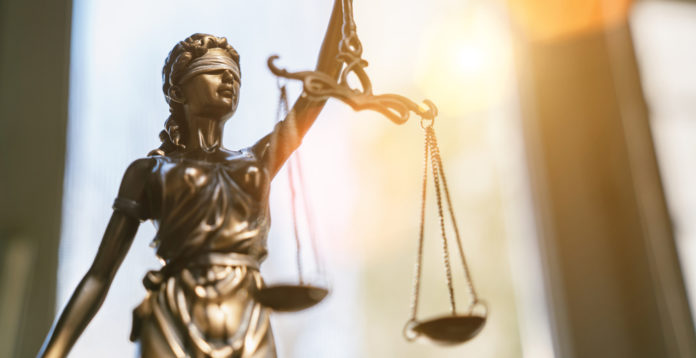COFC decision finding that enhanced debriefings extend the time in which a protester may invoke the CICA stay is reversed. A GAO protest filed within five days of a debriefing invokes an automatic stay. The COFC reasoned that while the debriefing period begins to run when a debriefing is received, in DoD procurements, offerors get an extra two days to ask questions. Thus, the COFC concluded, a protester that had filed a protest six days after receiving a debriefing could still invoke the CICA stay because the debriefing period had not ended until two days after receipt of the debriefing. The Federal Circuit rejected the COFC’s reasoning. CICA’s plain language states that a protest must be filed five days after the debriefing date. The use of the singular noun indicates a single debriefing date, not a debriefing period. While the debriefing may be extended if the protester asks questions, the protester in this case did not ask any questions. If a protester does not ask debriefing questions, they do not get extra time in which to invoke the stay.
Nika Technologies, Inc. submitted a proposal in response to an Army Corps of Engineers solicitation. The Corps did not select Nika for award. Nika requested a debriefing. The Corps provided a written debriefing and informed Nika of its rights to submit additional debriefing questions under the enhanced debriefing procedures for DoD procurements. Nika did not submit additional questions. Instead, Nika filed a GAO protest six days after receiving the debriefing.
Under the Competition in Contracting Act, a GAO protest filed within five days of a debriefing invokes an automatic stay of the procurement. In this case, however, GAO denied the stay because Nika filed its protest six days after the debriefing.
Nika filed suit in the Court of Federal Claims challenging GAO’s denial of the stay. Nika argued that the statute that allows for enhanced debriefings in defense procurements allows offerors to submit questions to the agency two days after receiving the debriefing. Thus, Nika contended, although the debriefing period began to run when it received the debriefing, the debriefing period did not end until two days later. Because, the debriefing did not actually begin to run until two days after it received the debriefing, its protest was timely.
The COFC agreed with Nika and instituted the stay. The government appealed to the Federal Circuit. While the appeal was pending, Nika’s GAO protest concluded, and the stay ended. Thus, Nika did not appear in the appeal.
Before addressing the merits of the decision, the Federal Circuit had to assess whether, given the end of the underlying protest, the case was moot. The court noted that there is an exception to the mootness doctrine for cases capable of repetition by evading review. That exception applies if (1) the challenged action is too short in duration to be fully litigated, and (2) there is a reasonable expectation the same complaining party will be subject to the same action again.
The court found that both elements were met in this case. First, it was unlikely that a case challenging the CICA stat could make it through the judicial review process before becoming moot. By statue GAO must resolve bid protests within 100 days. The court found it unlikely that stay challenge could ever be resolved on appeal within 100 days. The challenge would have to go to the COFC. The government would then have to get permission to appeal, and the Federal Circuit would have to consider the case on an extraordinary expedited basis.
Second, the court opined, this type of challenge to the automatic stay was likely to recur. Indeed, the court noted, it was likely that future bid protesters would rely on the COFC’s decision in this case and wait beyond the five-day deadline to file a protest.
Having found that the case was excepted from the mootness doctrine, the court turned to the merits. The court held that under the plain meaning of the debriefing statute—31 U.S.C. § 3553(d)(4)(A)(ii) —a debriefing is not automatically held open for an additional two days. That statute refers to the “debriefing date” using the singular form of the noun. If Congress had wanted to, it could have said the “end of the debriefing period,” but it specifically used the term “debriefing date.” This indicated that the proper interpretation is that the time for debriefing starts on the day the bidder receives its debriefing, not two days afterward.
To be sure, the statute governing enhanced debriefings for DoD procurements—10 U.S.C. § 2305(b)(5)(B)(vii)—allows for a two-day opportunity for offerors to ask questions. But the statute states that the questions come “after” a debriefing, which means that the two day period for questions occurs within the five day window for filing a protest.
The court concluded that the plain meaning of the statutory scheme is that when no additional questions are submitted, the “debriefing date” is simply the date on which a party received a debriefing. The five-day period begins to run from that date instead of two days later.
The government is represented by James William Poirier, Jeffrey B. Clark, Robert Edward Kirschman, Jr., and Douglas K. Mickle of the Department of Justice.




